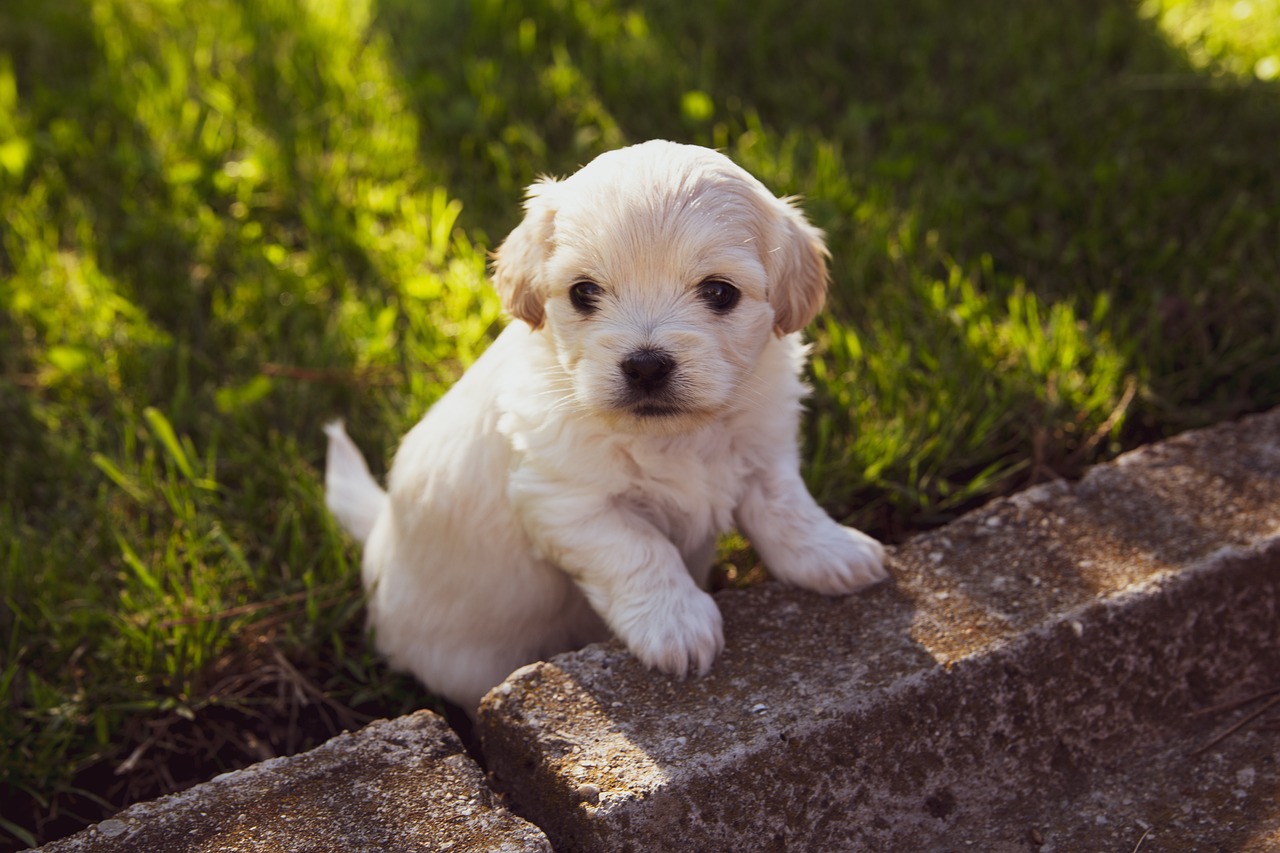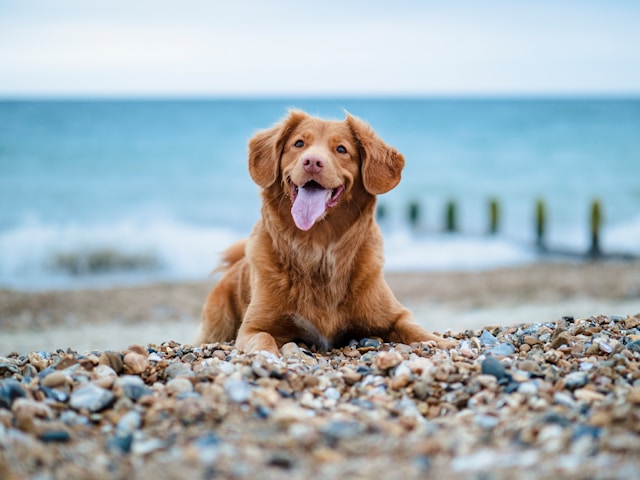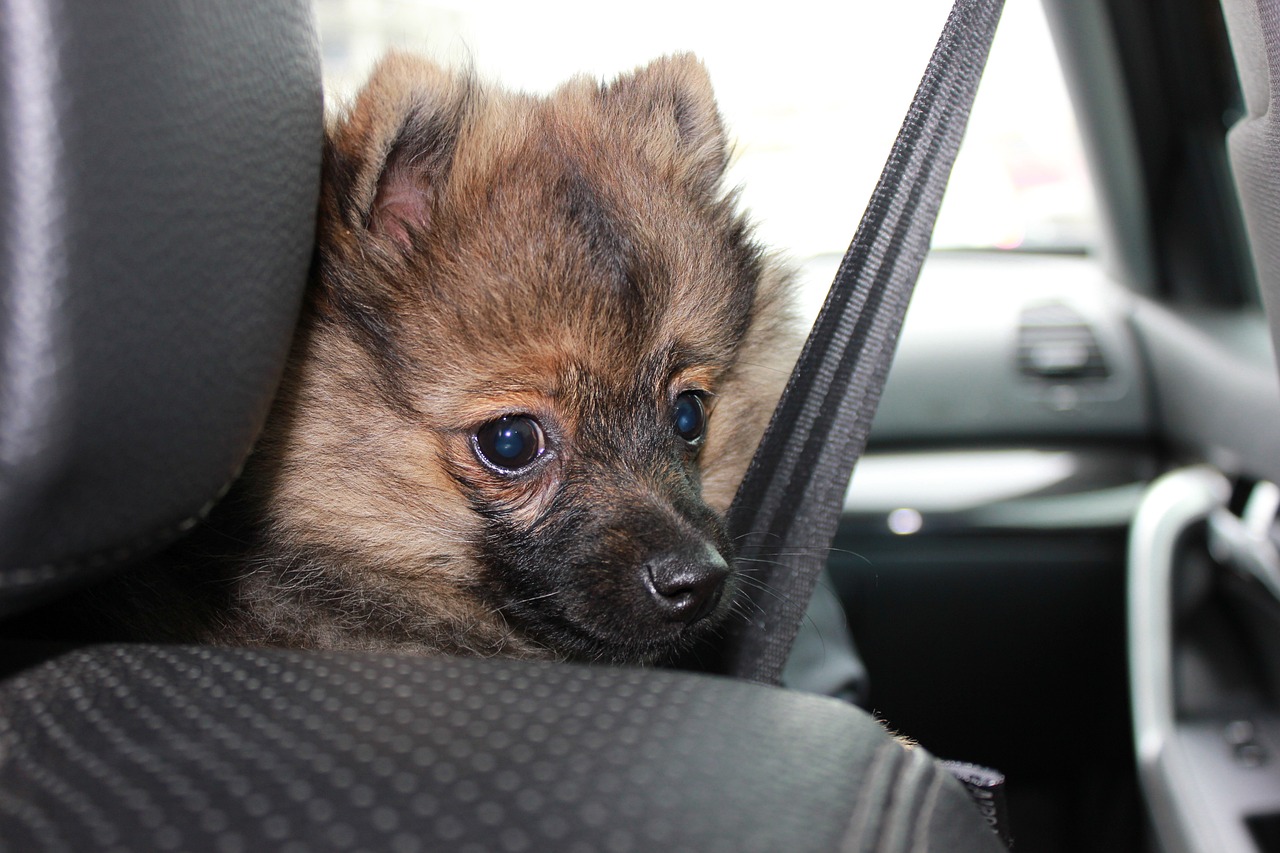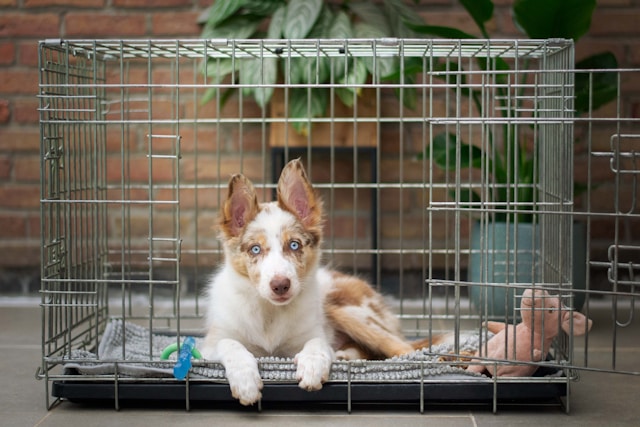Are Dog Bones Dangerous?
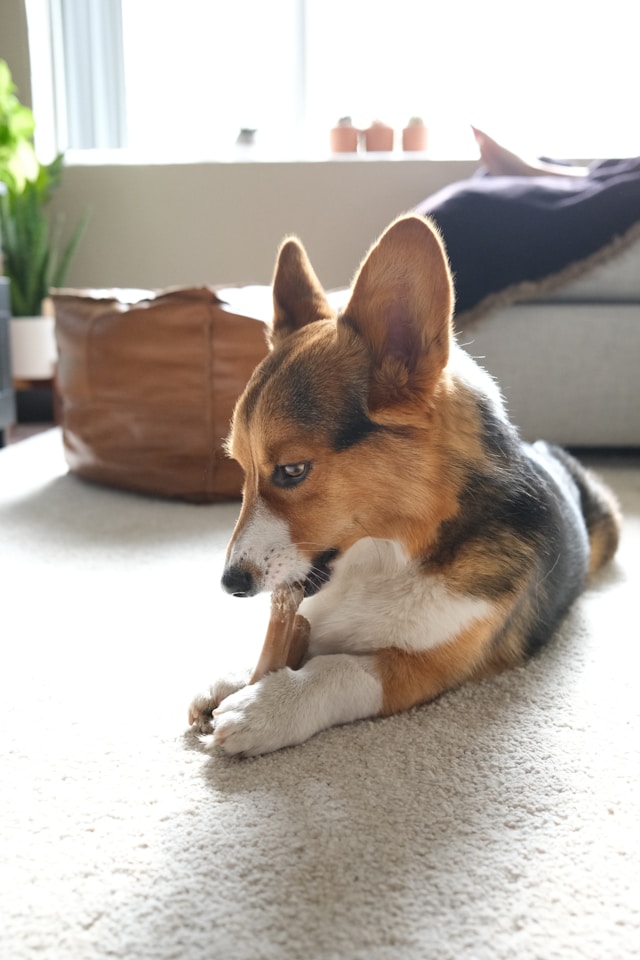
Doc Halligan, a sought-after pet health expert, wants to educate pet owners about the potentially life-threatening dangers of feeding dogs bones.
How Bones Can Harm Your Dog
Dogs can spend hours chewing on a bone in happy bliss and contentment, but there have been many emergency trips to the veterinarian because a dog has choked on a bone or bone fragments have become lodged in an intestine.
"All veterinary experts agree," says Halligan, "that there are potential hazards to feeding bones to dogs: broken teeth, fragments lodged in the mouth, intestinal obstruction, and even perforation — which can lead to painful abdominal infection."
This can result in hospitalization with major surgery that can be very expensive. In the worst cases, warns Halligan, it can even be fatal.
Do Some Bones Have Hidden Dangers?
Natural bones, whether raw or cooked, can present potential health hazards.
Cooking bones in an oven hardens and dries the bone matrix, allowing the bone to splinter while chewing it into sharp pieces that can injure a dog's intestinal tract. But even raw or uncooked bones can be dangerous as well.
"Raw meat and bones can harbor bacteria such as salmonella and E. coli," explains Halligan, "which can be transmitted to humans, causing vomiting, diarrhea, and even organ failure."
The U.S. Food and Drug Administration highlights several compelling reasons why bones are detrimental to dogs' health:
Dental damage: Bones are extremely hard and can easily fracture a dog's large chewing teeth, leading to painful and expensive dental issues.
Oral injuries: Sharp edges of bones can cause severe mouth and tongue injuries, including cuts to the tongue, cheeks, or the soft palate in the mouth's roof.
Risk of entanglement: Round bones may become lodged around a dog's lower jaw, necessitating sedation or anesthesia to remove them safely.
Choking hazard: Bone fragments can block the esophagus, pose a choking risk, or puncture soft throat tissues, which can be life-threatening.
Gastric and intestinal damage: Bone fragments can damage the stomach and intestinal lining, potentially causing peritonitis, a severe abdominal infection that can be fatal.
Stomach blockages: Large bone fragments may not pass out of the stomach, leading to chronic vomiting and irritation, often requiring surgical or endoscopic removal.
Intestinal obstruction: Bone fragments can get stuck in the small intestine or colon, causing a complete blockage and necessitating emergency surgical intervention.
Pathogen contamination: Raw bones and meat can harbor harmful pathogens like E. coli, Salmonella, and Listeria, posing risks to both dogs and humans, especially vulnerable groups like children, the elderly, and immunocompromised individuals.
In light of these significant health risks, it's advisable to avoid feeding bones to dogs, prioritizing safer alternatives for their dental health and overall well-being.
Is There a Safe Bone for Dogs?
Halligan says dogs used to eating bones can have problems under certain circumstances. "Bones described as 'safe' can injure an individual animal, and there is no way to predict whether your dog will have a problem."
According to Halligan, there's not one bone out there that is entirely safe. She recommends pet owners talk with their veterinarians about finding a safer way to feed their dogs a balanced diet, protect their teeth, and keep them happy and healthy.
"Although dogs love bones," insists Halligan, "it's not worth the risk to your pet's life to give him something that is possibly unsafe."
Get insurance plans with wide-ranging coverage options








